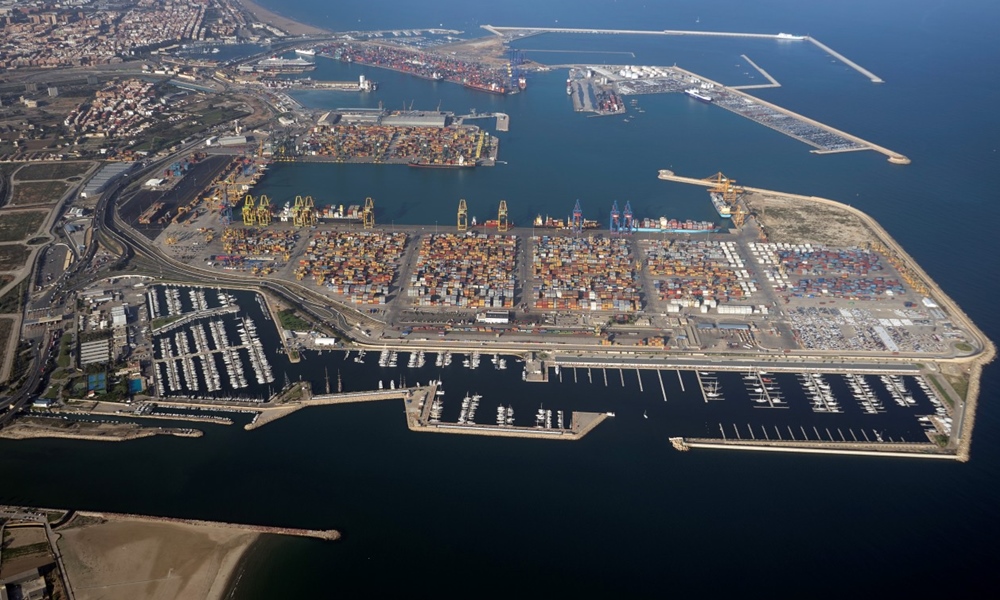This January, technicians from the National Hydrogen Centre, Carburos Metalicos, and Valenciaport are expected to carry out the first hydrogen test in the hydrogen plant located on the Xita quay.
The next phase is the use of prototypes of port machinery that will run on clean fuel. With this initiative, the Port of Valencia (Spain) is positioned as the pioneering/emblematic port in Europe in the development of hydrogen technologies.
Valenciaport has been recognized by the Spanish Government as a reference in the ‘Hydrogen Roadmap’.
During the first month of the year, hydrogen loading tests will be carried out at Valencia Port’s Hydrogen Generator; the supply station for the “fuel of the future” situated on the Xita quay.
With the arrival of the new 2023, the Port of Valencia is taking a step forward in its commitment to the fight against climate change/decarbonization. The technicians from the National Hydrogen Centre, the company Carburos Metalicos, and Valeciaport who are taking part in the initiative will supervise the operation carried out for the first time in a Spanish port.
Throughout the month, a variety of tests will be carried out with materials like nitrogen/helium/hydrogen to test the mechanisms that make up the hydrogen generator of the Port. The loading test will be the start for supplying hydrogen to the prototypes of the container stacker/4×4 tractor unit that will commence operations at the Valencian enclosure in 2023.
The HRS-hydrogen supply station has been designed/built by the National Hydrogen Centre. It will include a fixed part that will be dedicated to the reception/storage/compression of hydrogen up to delivery pressure, and a mobile part that will store the compressed hydrogen and include a dispenser of the fuel for refueling the port machinery.
The refueling station will supply fuel to the machinery forming part of the project being developed by Valenciaport.
The initiative is part of H2Ports "Implementing Fuel Cells and Hydrogen Technologies in Ports." It is coordinated by the Valenciaport Foundation in collaboration with the Port Authority and is financed by EU's Clean Hydrogen JU program. The main objective is to test/validate hydrogen technologies on port machinery that will provide applicable/real solutions without affecting the performance/safety of port operations and producing zero local emissions.
The H2Ports project is due to involve a total investment of EUR 4+ million. In addition to the Valenciaport Foundation and Valencia's Port Authority, it involves the research centres Centro Nacional del Hidrogeno and Atena Distretto Alta Tecnologia Energia Ambiente as well as the private companies MSC Terminal Valencia, Hyster-Yale, Grimaldi Group, Ballard Power Systems Europe, Carburos Metalicos and Enagas.

Valenciaport revealed it was committed to the fight against climate change/decarbonization through different actions in order to become an emissions-neutral precinct by 2030.